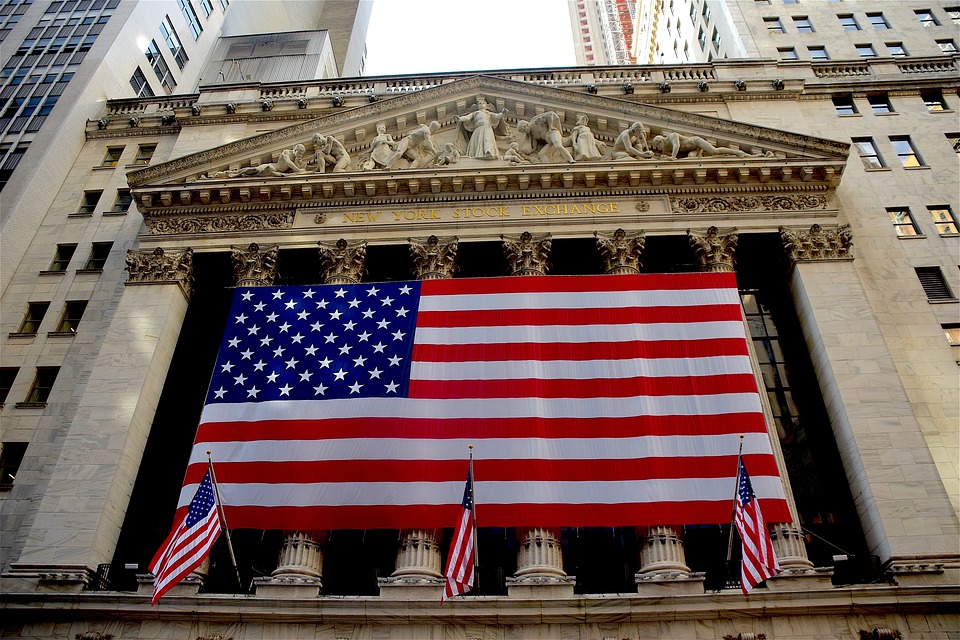
Monetary Policy & Inflation | US

Monetary Policy & Inflation | US
• Luke Gromen, founder of macro thematic firm Forest for the Trees, discusses why the Fed is committed to financing US deficits, the outlook for the US dollar, and the extent the Fed will act to keep the stock market afloat in moments of crisis.
• Fed balance sheet growth is effectively financing the fiscal deficit through the banking system. Difficult to stop this process without major disruption.
This article is only available to Macro Hive subscribers. Sign-up to receive world-class macro analysis with a daily curated newsletter, podcast, original content from award-winning researchers, cross market strategy, equity insights, trade ideas, crypto flow frameworks, academic paper summaries, explanation and analysis of market-moving events, community investor chat room, and more.
Summary (You can listen to the podcast by clicking here)
• Luke Gromen, founder of macro thematic firm Forest for the Trees, discusses why the Fed is committed to financing US deficits, the outlook for the US dollar, and the extent the Fed will act to keep the stock market afloat in moments of crisis.
• Fed balance sheet growth is effectively financing the fiscal deficit through the banking system. Difficult to stop this process without major disruption.
• Balance sheet growth could prove inflationary with a lag (up to 9 months) which will limit the eventual size of the expansion.
• Fed can’t cut rates to zero this time as would impact money market funds and potentially trigger repo stress.
• A recession could result in a weaker dollar this time as higher debt issuance will mean ongoing balance sheet expansion.
• Inflation is undermeasured for political reasons as lower inflation means lower rates on US debt. Shrinkflation and quality adjustments are both factors subdued official inflation. Corporate America likes low rates to fund buybacks.
• What the Fed will do to keep the stock market afloat in times of crisis. Anything more than a decline of roughly 10% will likely be met with some resistance from the Fed given the potential impact on consumption and wider growth.
Why does this matter? Accelerating inflation in the US due to balance sheet expansion would be relevant for the ECB and particularly Japan, where balance sheet expansion is greater. Some inflation would be welcome but only if contained. Any significant uptick in US inflation and move higher in rates would also be felt across EM, through rising yields and less appetite to borrow in dollars.
Spring sale - Prime Membership only £3 for 3 months! Get trade ideas and macro insights now
Your subscription has been successfully canceled.
Discount Applied - Your subscription has now updated with Coupon and from next payment Discount will be applied.